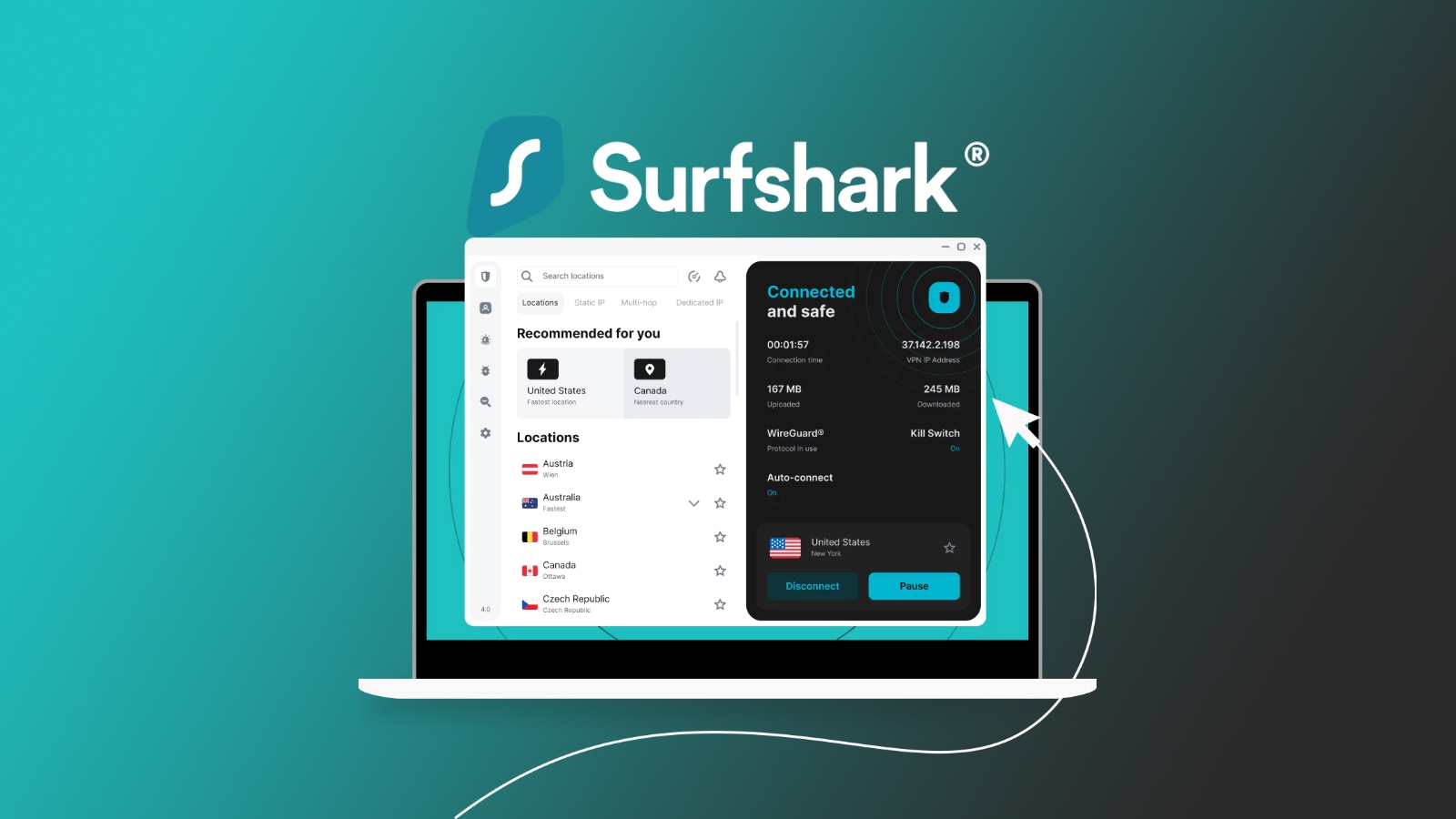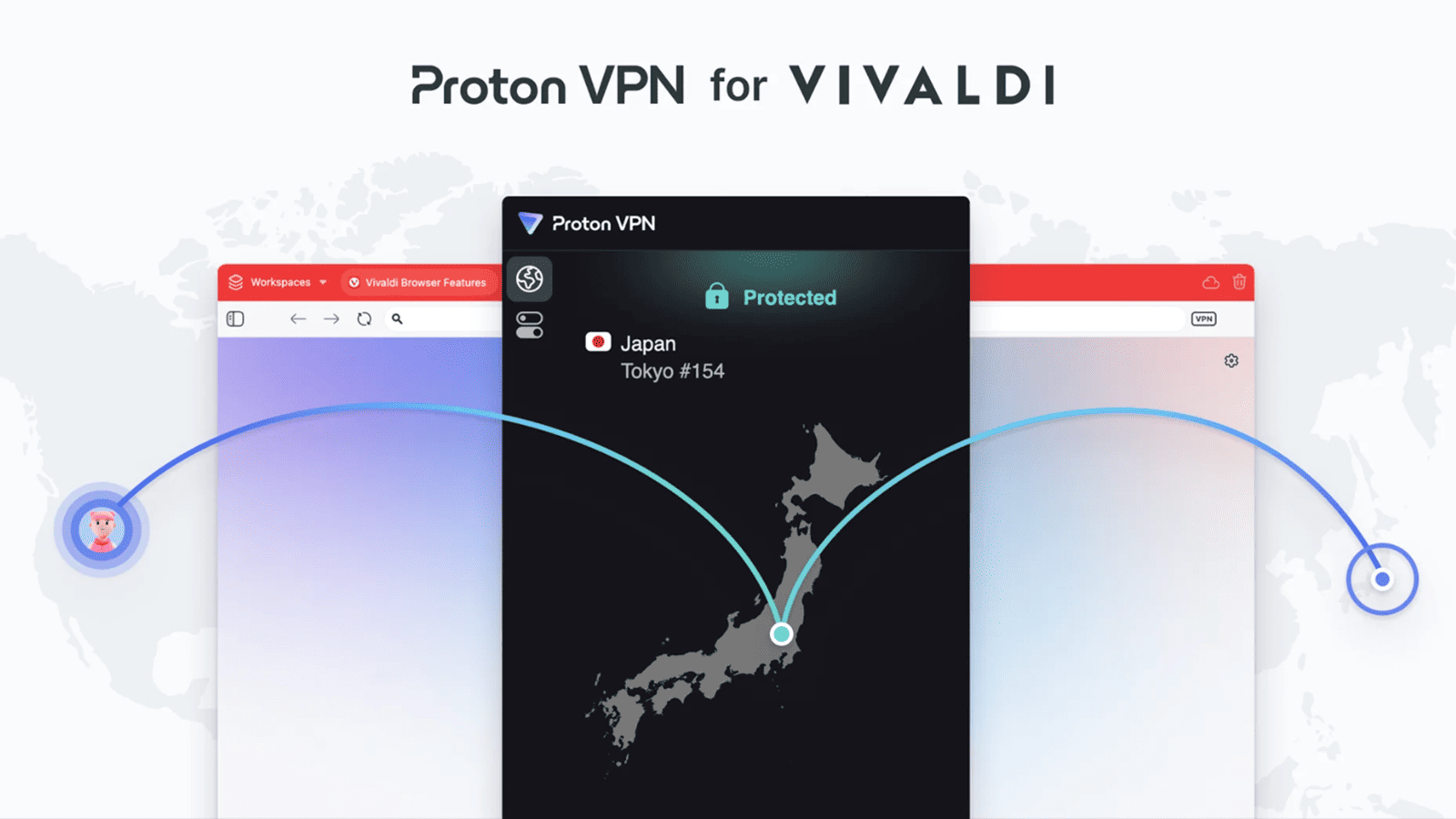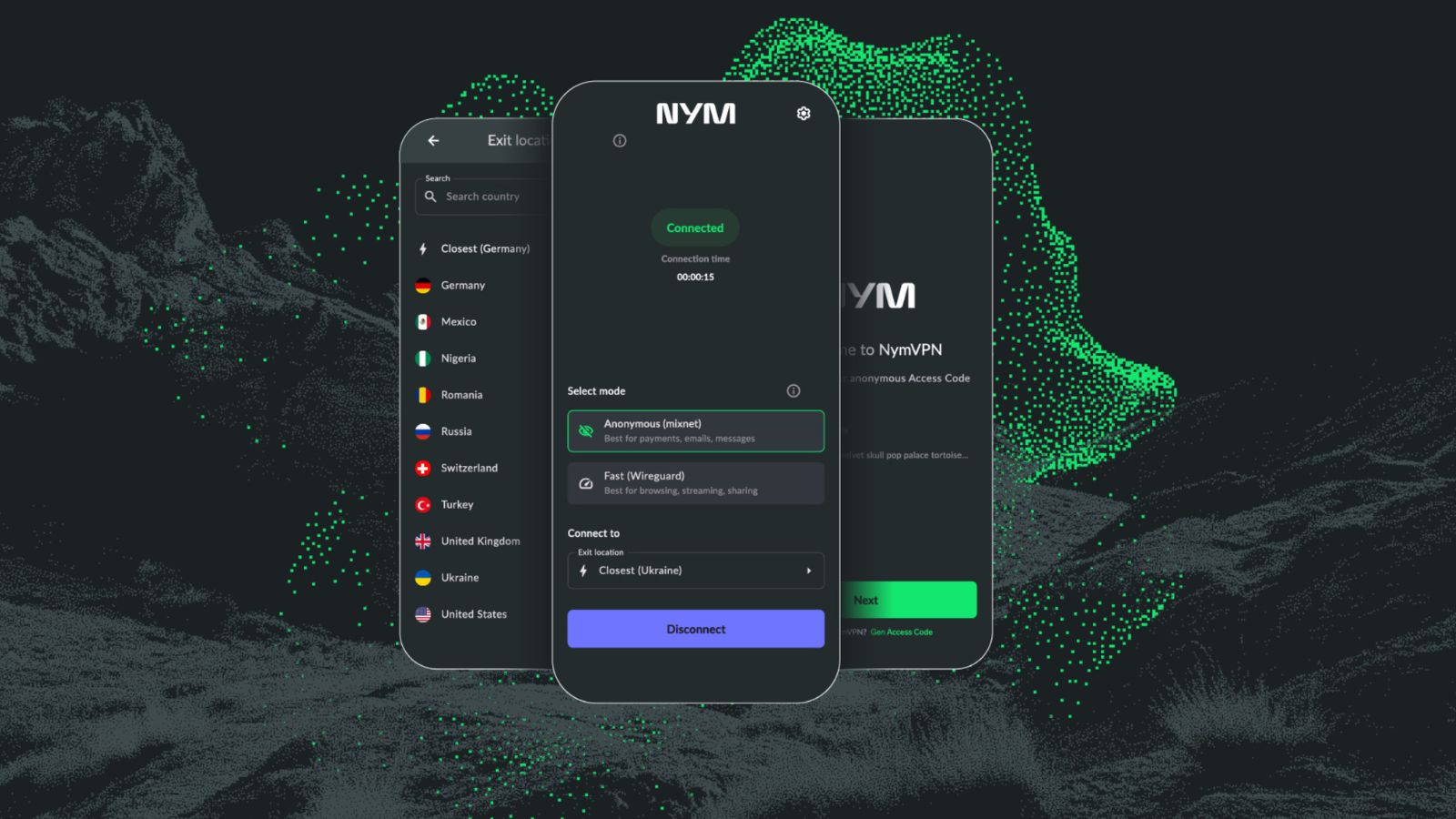
Turkey Proposes New Powers to Block Social Media and Messaging Apps
- Turkey plans to allow authorities to block social media and messaging apps without a court order on national security grounds.
- Platforms with over 1 million Turkish users may be required to set up local companies.
- VPN use remains high as citizens bypass frequent social media shutdowns during political unrest and protests.
Turkey is preparing to introduce a new law that would give authorities more control over access to social media and messaging platforms, allowing them to block services without needing a court order. The proposed amendment would let the Information and Communication Technologies Authority (BTK) restrict access on grounds such as national security, public health, and public order.
These changes would affect major platforms like WhatsApp, Telegram, Instagram, and X (formerly Twitter), which citizens often use during times of political unrest.
The draft law says that any global company with over 1 million users in Turkey must now open an official office or branch in the country. Earlier, they only had to appoint a local contact person. This new rule could affect big international tech companies that have a large user base in Turkey.
This proposal comes shortly after a 42-hour social media blackout that occurred during protests over the arrest of opposition leader Ekrem İmamoğlu. During the blackout, many people in Turkey turned to VPNs to access restricted content and stay informed.
VPN usage has surged in the country during similar events in recent years, and despite ongoing efforts by Turkish authorities to block VPN services, many users have found ways to bypass these restrictions. Many trustworthy VPNs that still work in Turkey continue to see high usage during social media blackouts and political unrest.
Since 2015, Turkey has enforced numerous internet restrictions. Social media platforms have often been blocked during emergencies or politically sensitive moments. For example, access to X was restricted after the deadly 2023 earthquake that affected Turkey and Syria. In 2024, more apps were blocked during widespread protests.
Under current laws, the BTK can already throttle bandwidth by up to 90% for 24 hours during emergencies, effectively making targeted apps and websites unusable. The new proposal would take this further by allowing direct blocks without court approval.
Turkey introduced a new cybersecurity law on March 13, 2025. It says people could face up to five years in prison if they falsely report a data leak. The government says the law will help fight cybercrime, but digital rights groups worry it could be used to stop journalists from reporting freely and to silence opposing voices.
Under such unrest, VPNs can offer a practical way for users in Turkey affected by these new restrictions. A VPN assists in getting over government-imposed restrictions on social media and messaging apps by encrypting internet traffic and hiding the user's true IP address. However, users should choose the most capable VPNs with strong no-logs policies and proven ability to work in restrictive environments.











